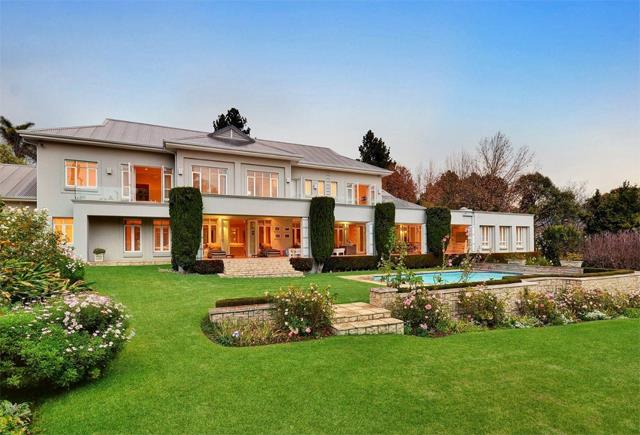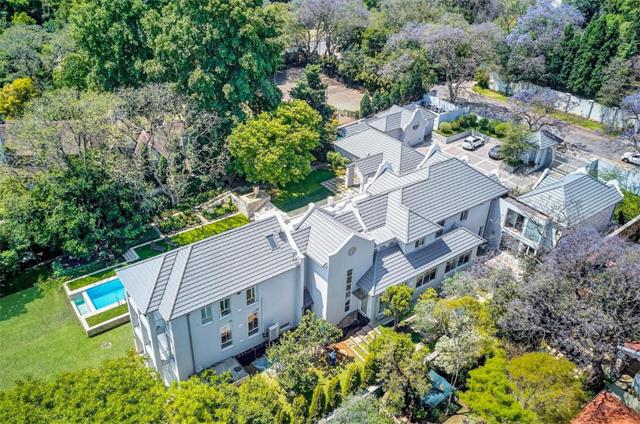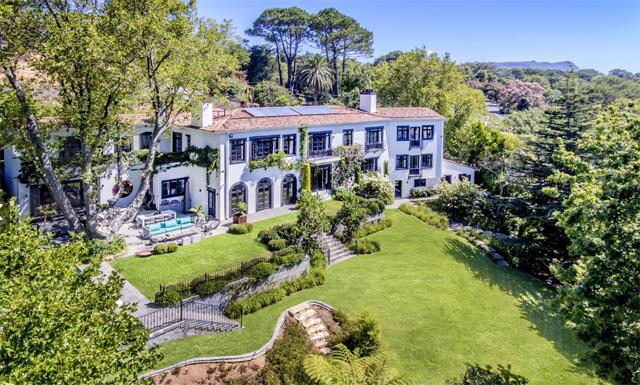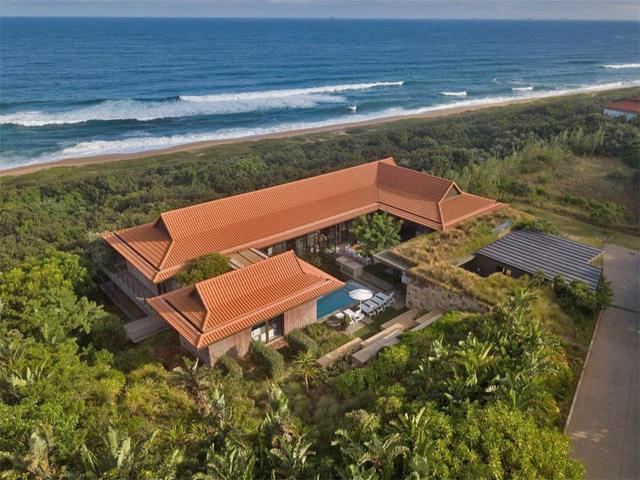AfrAsia Bank and New World Wealth recently reviewed the wealthiest cities in Africa as part of their 2019 Africa Wealth Report.

According to the report, the wealthiest cities in Africa are:
1. Johannesburg

Total wealth held in the city amounts to US$248 billion. Most of Johannesburg’s wealth is concentrated in Sandton, which is home to the JSE (the largest stock market in Africa) and to the head offices of most of Africa’s largest banks and corporates.
Exclusive suburbs in Johannesburg/Sandton include Hyde Park, Sandhurst, Houghton, and Westcliff.
Major sectors in Joburg include: financial services (banks), professional services (law firms, consultancies), telecoms and basic materials.
2. Cape Town

Total wealth held in the city amounts to US$133 billion. Cape Town is home to Africa’s most exclusive and expensive suburbs such as Clifton, Bishopscourt, Camps Bay and Bantry Bay.
Also a hotspot for wealthy second home owners from around the world.
Major sectors include: real estate, financial services (fund management), retail and tourism.
3. Cairo
Total wealth held in the city amounts to US$129 billion. Cairo is home to more billionaires than any other African city.
Major sectors include: financial services, telecoms, construction, and basic materials.
4.Lagos
Total wealth held in the city amounts to US$96 billion. It is the largest city in Africa, in terms of population and GDP (but not in terms of wealth).
Affluent parts of Lagos include Ikoyi and Victoria Island.
Major sectors in the city include: basic materials, oil and gas, transport, and financial services.

Total wealth held in the city amounts to US$54 billion. This figure includes wealth held in Durban, Umhlanga, La Lucia, and Ballito.
Notably, Umhlanga and Ballito are two of the fastest growing areas in SA, in terms of wealth growth over the past 10 years.
Major sectors include: financial services, healthcare, real estate, diversified and transport.
6. Nairobi
The economic hub of East Africa and one of the fastest growing cities in the world. Total wealth held in the city amounts to US$49 billion.
Affluent parts of the Nairobi include: Runda Estate, Lavington, Kitisuru, Karen and Muthaiga.
Major industries include: financial services, real estate, tourism, media, clothing, textiles, processed foods, beverages, and cigarettes.
Other interesting findings from report:
- Despite accounting for 16% of the world’s population, Africa only accounts for 1% of total worldwide wealth.
- Total wealth held on the continent amounts to US$2.2 trillion. Around US$920 billion (42%) of this is held by HNWIs.
- The average individual living in Africa has net assets of approximately US$1 900 (wealth per capita).
- There are approximately 140 000 HNWIs living in Africa, each with net assets of US$1 million or more.
- There are approximately 6 900 multi-millionaires living in Africa, each with net assets of US$10 million or more.
- There are approximately 310 centi-millionaires living in Africa, each with net assets of US$100 million or more.
- There are 23 billionaires living in Africa, each with net assets of US$1 billion or more.
See the full 2019 Africa Wealth Report.








